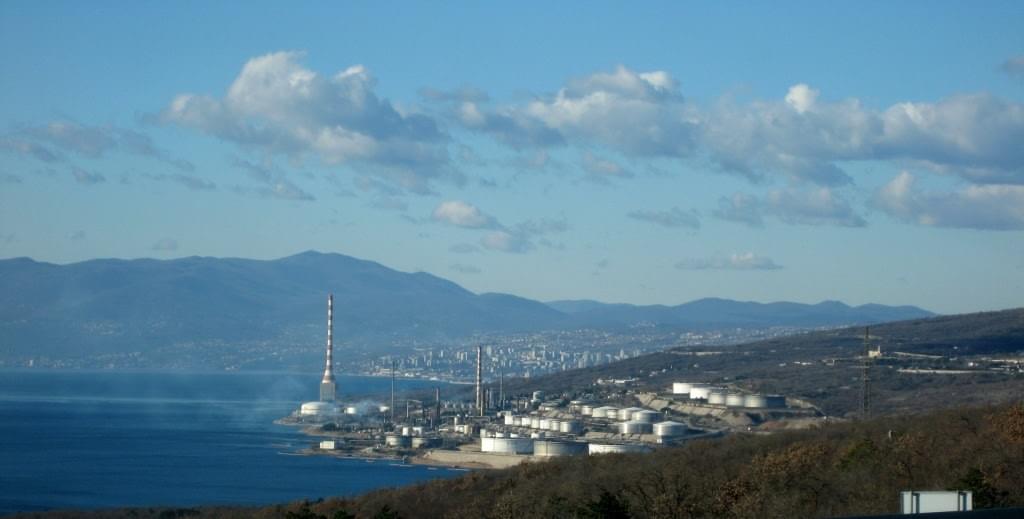
SABRINA ANA PERIĆ

I'm an Associate Professor in the Department of Anthropology and Archaeology at the University of Calgary. My research focuses on the anthropology and history of resource extraction, and the history of scientific knowledge and its relationship to governance.
I am particularly interested in the role of industrial scientific expertise in governance and conflict, as well as the participation of scientists in radical politics. These issues are the centre of both my previous research in southeastern Europe and my new field sites in northern Canada.

Industry: Roots, Routes and Research
For me, home is the wind-blown, barren rocky coast of the northern Adriatic Sea. My hometown, Rijeka, is a pipeline terminus and has a major container and deep water tanker port, as well as a passenger ferry terminal. The city is dotted with shipyards and oil refineries. It is the birthplace of the torpedo and home to the first torpedo factory in the world. A new floating LNG terminal is planned just off the shore in the bay of Kvarner.
Families are full of welders, engineers, truck drivers, port workers, sailors, captains and off-shore oil labourers that work shifts across the globe, from the Russian Arctic, to the oil fields of Nigeria, to installations in the Gulf of Mexico and off the coast of Brazil. For all of us, this overwhelming industrial presence is multivalent: it is our inescapable reality, our economic fabric, a source of history and pride, and an ecological nightmare. This port city has given rise to a population of cosmopolitan polyglots, multigenerational tanker captains, and also environmental activists and striking labourers.
Much of my research emerges from this experience. I want to understand how industrial and extractive activity, as well as science and new industrial technologies, have shaped places like Rijeka, and people like me. But I also want to know where this industrial activity will take us in an era of climate change, political agitation and increasing global energy interdependence. I do my research in both southeastern Europe and the Canadian Arctic and Subarctic because both are resource peripheries - places where resources are taken from, and processed to serve populations living mostly outside of these areas (western Europe and southern Canada, amongst others). Yet, resource peripheries are also places where environmental degradation and industrial politics are most deeply felt.
Contact
Department of Anthropology and Archaeology
Earth Sciences 620
University of Calgary
2500 University Drive NW
Calgary, Alberta T2N 1N4
The University of Calgary is on the traditional territories of the people of Treaty 7, which includes the Blackfoot Confederacy (comprising the Siksika, Piikani, and Kainai First Nations), the Tsuut’ina First Nation, and the Stoney Nakoda (including the Chiniki, Bearspaw, and Wesley First Nations). Calgary is also home to the Métis Nation of Alberta, Region III.

